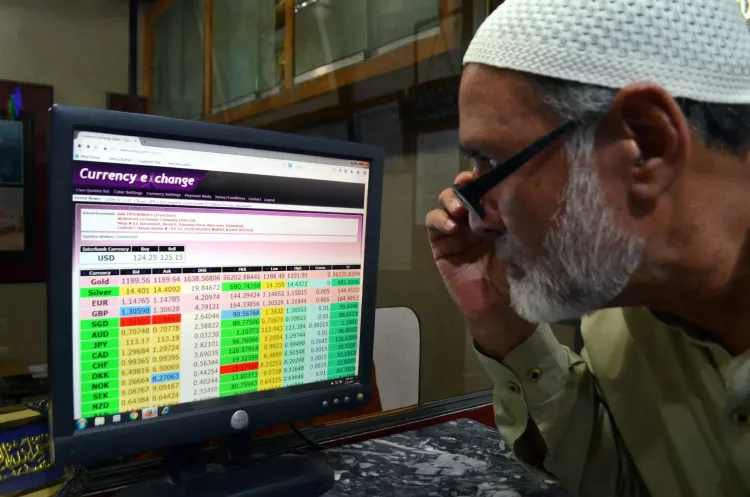Is the private data of Pakistani citizens being sold without government action?

Synopsis
Key Takeaways
- Pakistani citizens' data is available for purchase online.
- The government has not intervened in this ongoing problem.
- Many citizens are unaware of their data being sold.
- Mass surveillance in Pakistan is a growing concern.
- International technology plays a crucial role in this issue.
Islamabad, Sep 27 (NationPress) The private information of Pakistani citizens—which includes federal ministers, senior government officials, and everyday individuals—is being sold on various websites, with no action taken by the government, according to a report published on Saturday.
As reported by the Express Tribune, the trade of personal data continues to thrive, while regulatory bodies such as the Pakistan Telecommunication Authority (PTA) have been unable to curtail it.
Reports from numerous citizens indicate that these websites are not the only sources of data sales. Some individuals are also disseminating personal information via platforms such as WhatsApp groups and social media.
“Websites that openly sell citizens' data online remain operational, while the investigative team established earlier this month to look into the data breach has requested an additional three weeks to complete its report,” emphasized the Express Tribune.
Earlier this month, an Amnesty International report underscored that Pakistan's illegal mass surveillance and the expansion of censorship, facilitated by a network of foreign firms, reveal how Pakistani authorities have acquired technology through a covert global supply chain.
The human rights organization further stated that issues surrounding unlawful surveillance and online censorship in Pakistan have been persistent.
“In an oppressive political environment, the legal framework provides no genuine protection against mass surveillance. Domestic laws lack adequate safeguards, and existing ones, such as warrant requirements under the Fair Trial Act, are frequently disregarded, while authorities continue to obtain increasingly sophisticated surveillance and censorship technologies from foreign companies. The acquisition of these advanced tools has enhanced the country’s capability to suppress dissent, targeting journalists, civil society, and the public,” the Amnesty report noted.
Another report recently indicated that Pakistan's trend towards surveillance-driven authoritarianism is not solely a national issue but serves as a cautionary tale for democracies globally.
It highlighted that millions of people live their daily lives under the scrutiny of Pakistani authorities, without any meaningful consent, oversight, or regulation, facilitated by a lucrative and largely unaccountable global industry.
“Pakistan has become one of the world’s most surveilled societies, not by choice, but through the establishment of a complex mass surveillance system that monitors the digital and mobile activities of millions. This extensive structure—powered by a combination of local enforcement and international technology—has drawn repeated alerts from rights organizations and increasing condemnation from global leaders, who argue it not only erodes privacy but fundamentally threatens democracy and moral values,” the report elaborated.










